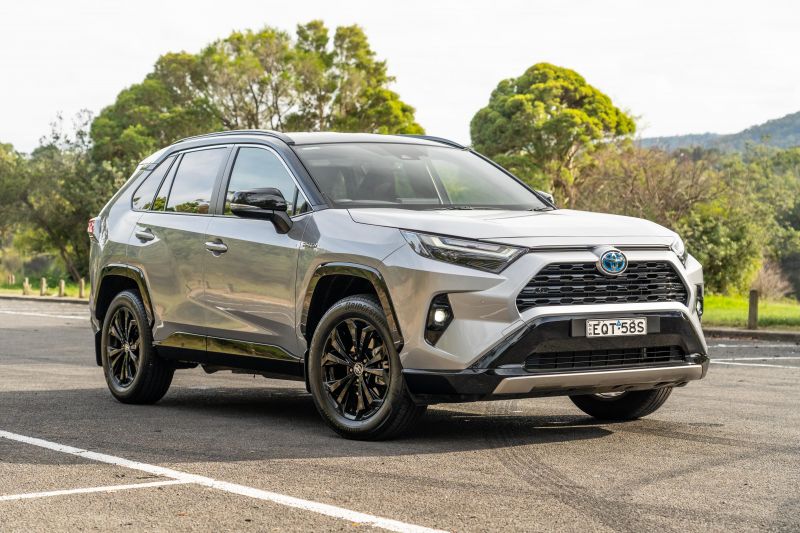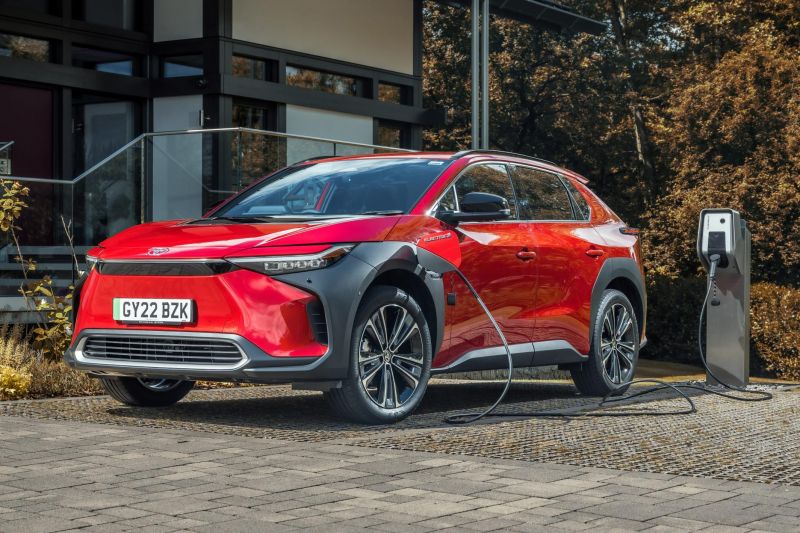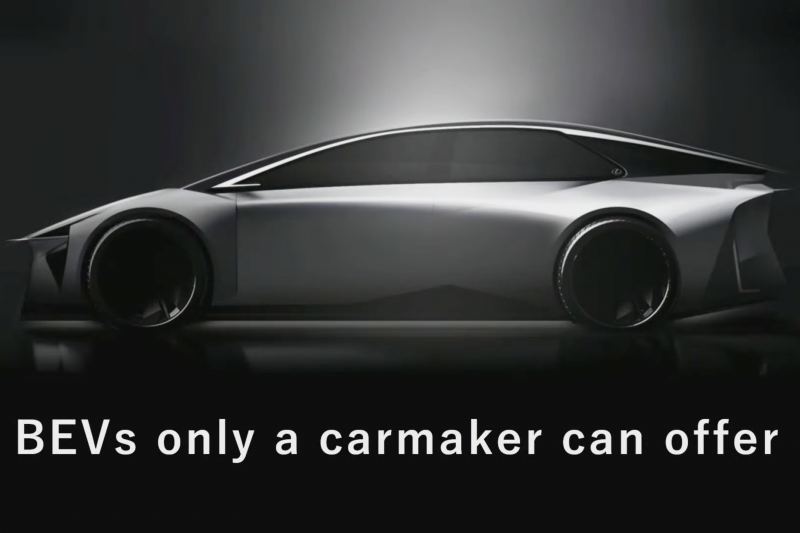Toyota shareholders are being urged to use the company’s annual general meeting to demand greater transparency on its lobbying efforts.
Greenpeace Australia Pacific is calling for shareholders to support a resolution, filed by institutional investors at Toyota’s most recent shareholder meeting, that would change the company’s articles of incorporation.
Australian superannuation fund and shareholder Future Super will support the climate resolution.
This resolution, if passed, would enshrine a requirement for Toyota Motor Corporation (TMC) to disclose its climate change-related lobbying activities in its articles of incorporation.
The annual general meeting will take place on Wednesday, June 14.
“The Company shall conduct a comprehensive, annual review and issue a report (at reasonable cost, omitting proprietary information) describing if, and how, the Company’s climate-related lobbying activities (direct and through industry associations), including public statements, serve to reduce risks for the Company from climate change and how they align with the goals of the Paris Agreement and the Company’s goal of carbon neutrality by 2050,” the resolution reads.
“The report should disclose any instances of misalignment with those goals, along with the planned actions to address these.”
The proposed resolution was put forward by shareholders Kapitalforeningen MP Invest, Storebrand Asset Management AS, and APG Asset Management N.V.
TMC’s board of directors opposes this proposal.
“The Group considers climate change measures to be one of its important management tasks and is fully concentrated on seeking to achieve carbon neutrality by 2050,” the board says in its opinion.
“Since 2021, the Group has been carrying out the initiatives stated in this shareholder proposal, which is to review and report on impact on TMC caused by climate-related public relations activities and the alignment with the goals of the Paris Agreement.
“We have committed to updating such information each year taking into account feedback from our stakeholders.”
It argues it already puts out an annual report detailing its climate public relations efforts, which it will improve this financial year by appointing “an accredited third party for the reviewing work”.
It also says it plans to double the number of industry associations it reviews to further enhance the disclosure.
“The role of TMC’s Board of Directors to address these issues is to make flexible and varying decisions according to the circumstances at the time, make agile changes as required, and swiftly turn decisions into action,” it added, underscoring why it doesn’t want to change the company’s existing articles of incorporation.
“Thus, the ideal state of disclosure is subject to sudden change as well. Generally, the articles of incorporation are intended to define the basic details of a corporation and its operation, and is not for stipulating matters related to specific business execution such as those in this shareholder proposal.”
While it continues to advocate for a “multi-pathway” approach to decarbonisation, including hybrid and hydrogen fuel-cell electric vehicles, it is rolling out a slew of electric vehicles after a slow and rocky start.
It’s introducing 10 new EVs by 2026, including an electric ute and a sports car plus unspecified compact cars for emerging markets.
By 2026, it wants to be selling 1.5 million electric vehicles globally and by 2030, it aims to increase this number to 3.5 million.
Lexus will be electric-only by 2030 in Europe, North America, and China, and will sell only electric cars globally by 2035.



